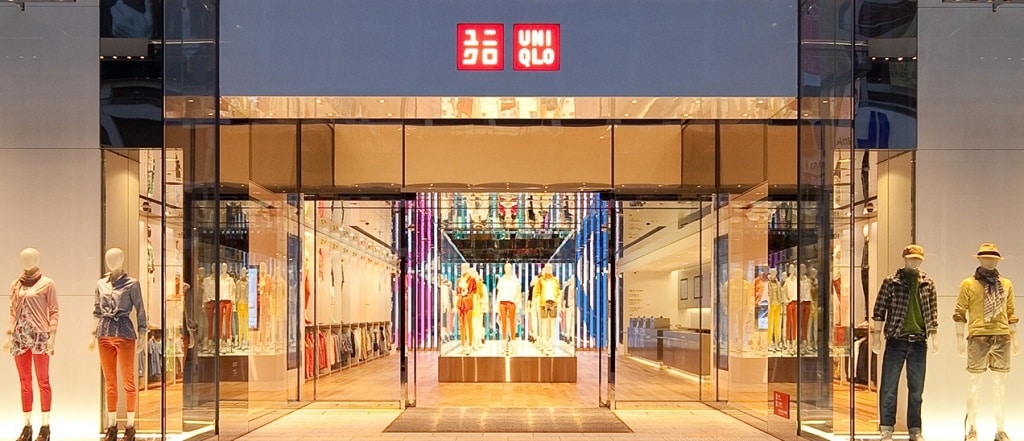
Trendy Japanese casual apparel retailer Uniqlo is opening a store at The Bellevue Collection in the fall, its first in the Seattle area.
Uniqlo is huge in Asia and also popular in France, Germany, the U.K. and Russia. In the U.S. it’s solely in the Northeast and California.
Now, along with its planned 13,000-square-foot store in space formerly occupied by JCPenney at the Bellevue Square Mall, the company plans to add locations in Denver and Washington, D.C., as well, a spokeswoman said Monday. So far the company has 39 stores in the U.S.
Uniqlo is the latest global apparel empire to stake its claim in the fast-growing Seattle market. It comes on the heels of Spanish clothing-store chain Zara, which opened in Westlake Center last year. The Japanese chain specializes in basic wear, such as jeans, T-shirts and sweaters.
“Having established a foothold in a number of key locations along the East and the West Coasts, we are very pleased to announce our plans to continue to expand our national presence further in these new markets,” Uniqlo CEO Larry Meyer said in a statement.
The company is known for offering a few styles in many colors — it offers 50 colors of socks, for example.
For the Bellevue Collection, it marks yet another high-profile tenant. Last month parent company Kemper Development said a W Hotel would take up space at Lincoln Square. Luxury camera store Leica opened at the Bellevue Square Mall last month.
Uniqlo is owned by Fast Retailing, based in Yamaguchi City, Japan. Fast Retailing employs 30,448 people worldwide and is headed by Tadashi Yanai, who according to Forbes is Japan’s richest man, with a fortune of $21.4 billion.
Uniqlo’s international operations have reported booming sales, with revenues rising 47 percent for the quarter ended last November. Part of the boost was due to the yen’s loss of value versus other currencies, but even in local currency the growth in profits and sales “exceeded expectations,” according to a securities filing.
Sales in China and South Korea drove growth, while the U.S. “fell short of plan” with higher revenues but shrinking profits.